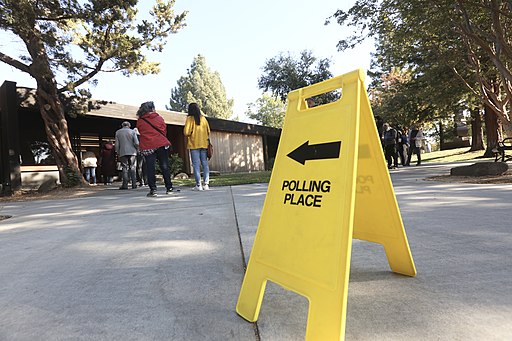
To me, Jason Aldean’s recent hit “Try That in a Small Town” provides the best answer to an Internet joke question I’ve seen floating around for several years: “If you could completely eliminate one genre of music, what genre would you choose and why would it be modern country?”
The only thing remotely “country” about the song is the singer’s too thick by half insertion of a “hick” accent into what’s otherwise a weird mix of ’80s hair metal ballad instrumentation and ’90s girl pop singing cadence.
Then, of course, there’s the political angle. As an actual country/small-town boy by both upbringing and current residence (I grew up on a farm and then a town of less than 5,000), I kind of resent being portrayed as an angry, violent ignoramus by a guy who grew up in two mid-size cities (Macon, Georgia and Homestead, Florida) before moving to a large one (Nashville, Tennessee).
It’s the kind of “country” song that may draw people out to urban bars with mechanical bulls and cowboy-boot-shaped shot glasses, where they park their shiny big pickup trucks that have never hauled feed or driven fenceline, and put on their fancy hats that were picked to match an outfit, not to keep the sun off a face that’s never worked in a field. Or maybe even seen one. I have yet to hear anyone blasting it out of a rust-bucket old Chevy 3/4-ton in the town nearest me (the metropolis of Archer, Florida, population 1,118), though.
If you’re looking for REAL country music, you could do a lot worse than to give Oliver Anthony’s “Rich Men North of Richmond” — a so-called “viral hit” — a close listen.
According to The Oklahoman, Anthony “lives off the grid with his three dogs in Farmville, Virginia” (population 7,473).
He’s a high school dropout and former factory worker.
His backing band isn’t some recycled heavy metal combo. It’s himself, playing a resonator guitar.
His response to record deal offers: “I don’t want to play stadium shows, I don’t want to be in the spotlight. … No editing, no agent, no bullsh*t. Just some idiot and his guitar. The style of music that we should never have gotten away from in the first place.”
When I say he just might be a hillbilly, that’s intended as a compliment, not an insult.
His “hit” song — whether one agrees with its every political implication or not — evokes the real problems of real people in real small towns and the real countryside, instead of using those people as some kind of yee-haw punch line.
I think he’s the genuine article. And I hope listeners engaging with “country music” for the first time find him before they find Jason Aldean.
Thomas L. Knapp (Twitter: @thomaslknapp) is director and senior news analyst at the William Lloyd Garrison Center for Libertarian Advocacy Journalism (thegarrisoncenter.org). He lives and works in north central Florida.
PUBLICATION/CITATION HISTORY


